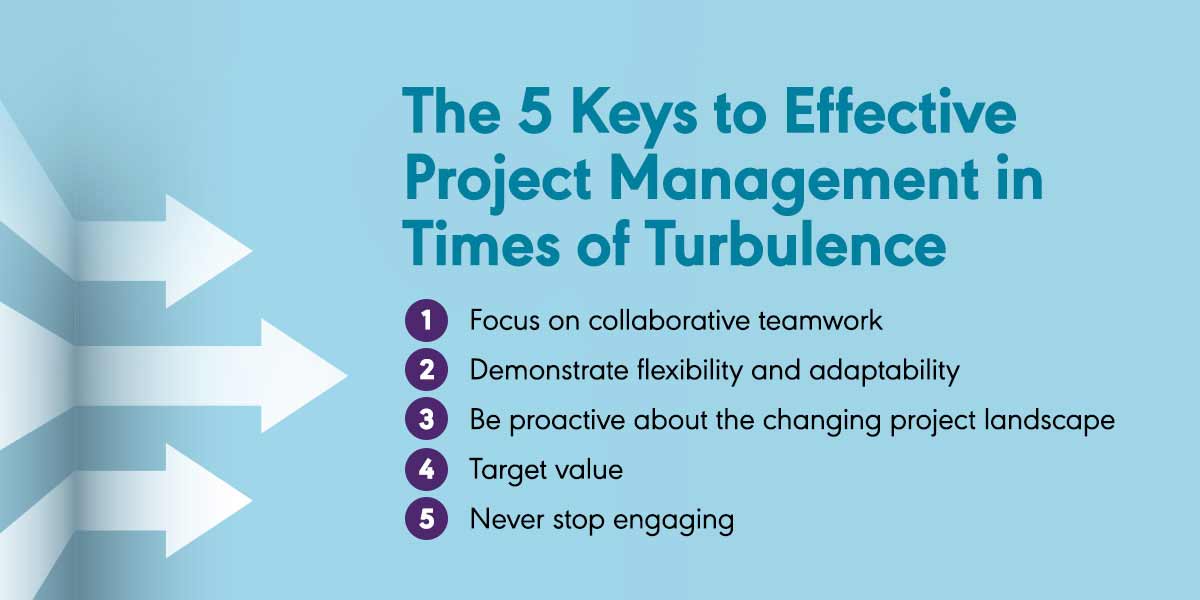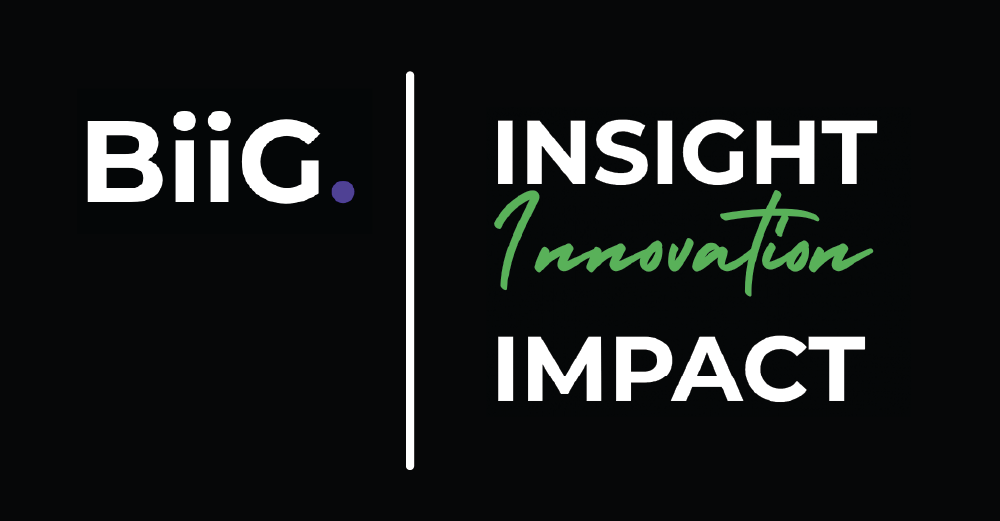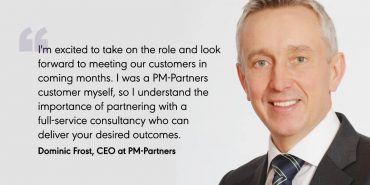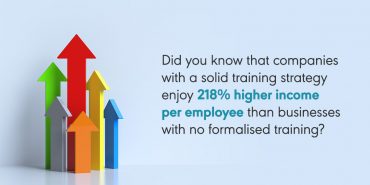What do you need to be an effective PM in turbulent times?

We’re living in a very different world to that of 2019. It’s an environment in constant flux, with the impact of COVID-19 continuing to unfold at a rapid rate. This disruption is not only impacting the health of our communities, but our professional and personal lives as well. The uncertainty and chaos can be unsettling and sometimes overwhelming, but alongside the many challenges are opportunities – if you know where to look for them.
As project managers, it is our duty to uncover those opportunities and leverage them for the betterment of our organisation – even during times of significant turbulence. But as this is unfamiliar territory for all of us, how do we even begin to do that?
What does the current project landscape look like?
First, we need to understand the current project landscape. Yes, we are seeing projects in both private and public sectors being placed on hold or deferred. In some organisations, the wait-and-see strategy is ongoing. This may work for some in the short term, but there’s a stark reality lurking beneath: that is, to survive and thrive in these uncertain times, organisations need to embrace new ways of working.
The ultimate goal is always to a) achieve outcomes for the business, and b) solve arising business challenges. Projects and project management are the key mechanisms for such change. And now more than ever, project management is critical to your organisation’s success.
The best project managers are those who understand – and can harness – the most essential skills and capabilities for specific tasks. This supports organisations as they adapt to widespread disruption and ensures their projects continue to add value.
The 5 keys to effective project management in times of turbulence
We can all acknowledge that these uncertain times make it difficult to adapt to rapid changes and leverage opportunities for the benefit of the entire organisation. But there are ways you can prepare for disruption and become a more effective project manager. Here are five ways to do just that:
- Focus on collaborative teamwork
There’s a simple truth in project management: empowered people working together achieve good project outcomes. A positive and collaborative environment engenders motivation and optimises both individual and team performance.
In times of uncertainty, it is all too easy for individuals to be pulled in different directions. Collaboration remains front-and-centre, and effective PMs must ensure understanding, keep the lines of communication open for all, trust their team members, be aware of changing team dynamics, reprioritise according to competing needs and – arguably most important of all – be open, transparent and honest at all times.
- Demonstrate flexibility and adaptability
What was ‘right’ yesterday may not be ‘right’ tomorrow, or even today. This is where being agile becomes so critical. Effective project managers must be able to adapt quickly to evolving and fluctuating needs.
Planning is still necessary, but those plans must be flexible and able to pivot dynamically. They should never be rigid or fixed. Rather, they should allow intentions to be communicated, understood and adapted as necessary.
- Be proactive about the changing project landscape
PMs must anticipate, not procrastinate; be active, not passive. For example, iterative and incremental delivery means that in unpredictable times we can start small, using reviews and feedback to facilitate further understanding and refine our needs. This way, changes can occur more frequently and in ways that are easier to manage. In all things, encourage experimentation and innovation.
- Target value
The end goal is to optimise the project benefits (value) for the organisation. Where possible, focus on delivering value early and often – not just at the end or after a project’s completion. By monitoring value through the actual delivery of work and gauging progress consistently, the project can be flexible enough to change course and adapt whenever needed.
- Never stop engaging
To be successful in spite of disruption, change must be introduced more often. Stakeholders at all levels need to understand this and have mechanisms in place to cope with frequent change. Good and expedient communication channels should be established for both internal and external stakeholders. And communication must remain a constant, articulate, iterative and incremental strategy.
Effective project management can bring a sense of calm to even the most turbulent periods in an organisation. But to be successful, PMs must be pragmatic, proactive and adaptive. When uncertainty reigns and nothing seems to be functioning as ‘normal’, successful project management can bring clarity and provide real, value-driven business results.
Do you want to become a more effective project manager who leverages agile strategies for the benefit of your organisation? Contact the experts at PM-Partners or call 1300 70 13 14 today.

About The Author
Tracey Copland
Head of Development at PM-Partners
Tracey has been involved in management, finance and business consulting including Portfolio, Programme & Project management for 20+ years. Together with her skills and experience, Tracey is a flexible professional seeking to achieve a high work standard, focussing on value-add.
Having been with PM-Partners group for 15 years, Tracey has held roles including Consultant/Trainer, Head of Training and currently, Head of Development. Tracey has provided training and consultation services to clients in both the public and private sectors, across various disciplines and at all levels including Project, Programme, Portfolio and Change Management, and Agile practices.







